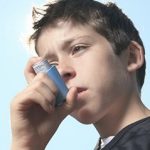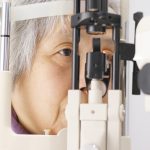
The loss of a loved one is one of life’s most stressful events. But new research suggests that having a furry loved one still at home may help ease the pain. Investigators looked at 437 older adults, some of whom lost a spouse, either through divorce or death. They found that having a cat or dog at home was linked to an easing of loneliness and depression. Study leader Dawn Carr, an associate professor of sociology at Florida State University, said the research team was surprised by the results, which were particularly meaningful because loneliness and depression have been found to be risk factors for death and other health problems, just like smoking. Pets can provide support during stressful times — even petting a dog or cat can calm you, Carr noted. In the study, the researchers compared the mental health of people who stayed married to those who didn’t, over a four-year period. They also looked at whether owning a dog or cat had any effect on mental health. The study found that while all people who became widowed or divorced did have some decline in their mental health, having a pet seemed to make a difference. Patients without pets who experienced such a loss had an average of 2.6 symptoms of depression, but that fell to just 1.2 symptoms for those with pets.… read on >



























-300x200.jpg)










